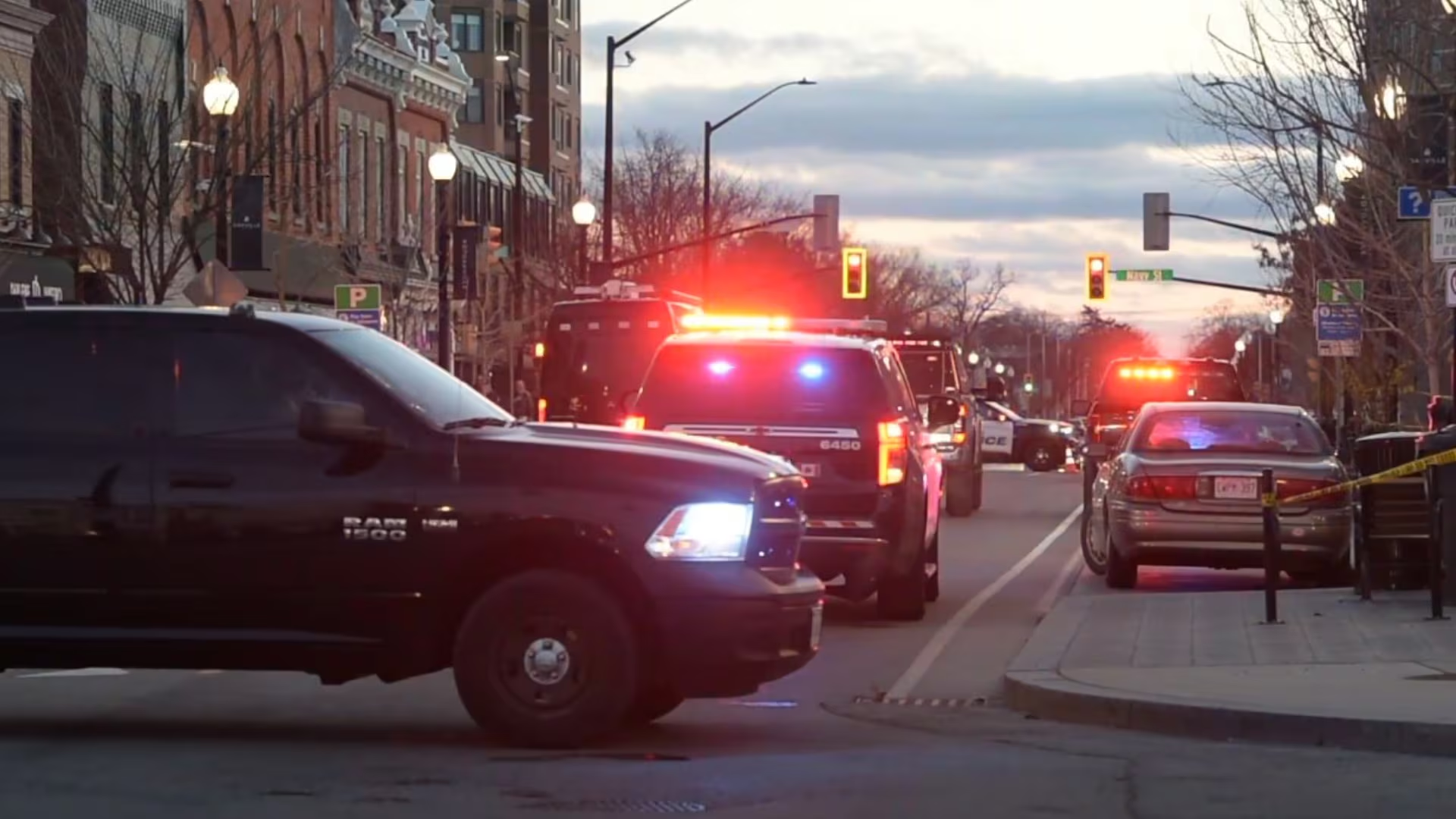The majority of Canadians feel as safe or safer in their neighbourhoods than they did 10 years ago, according to the latest public issues polling from Nanos Research – but Conservative voters are a significant exception.
The survey, conducted for CTV News and the Globe and Mail, highlights some of the deep divides in voter perspectives heading into this month’s federal election.
Overall, 59 per cent of respondents across the country either said they felt “about the same” (46%), “safer” (8%) or “somewhat safer” (5%) than they did a decade ago, while 38 per cent said they felt “less safe” (28%) or “somewhat less safe” (10%).
The remaining three per cent told pollsters they were unsure.

Results varied among different demographics, but the only group in which a majority of respondents reported feeling at least somewhat less safe was Conservatives.
Among supporters of Pierre Poilievre’s party, 59 per cent either said they feel “less safe” (48%) or “somewhat less safe” (11%) in their own neighbourhoods.
That’s compared to 26.5 per cent of Liberal voters, 23.6 per cent of NDP voters, and 18 per cent of Bloc Québécois voters.
Different responses by region, age
Nik Nanos, chief data scientist for Nanos Research, noted there were notable differences between regions and age groups as well.
“Respondents in the Prairies, Ontario and B.C. are more likely than respondents in Quebec to say they feel somewhat less safe or less safe than they did 10 years ago,” said Nanos, in a statement.
“Younger respondents are also more likely than older respondents to say they feel somewhat less safe or less safe.”
Geographically, the Prairies had the highest number of respondents who reported feeling at least somewhat less safe, at 44.8 per cent, while only 25 per cent of those in Quebec said they same.
More than two-in-five (43.7%) respondents between the ages of 18 and 35 said they felt either less safe or somewhat less safe, a significant increase from than those age 55 and older (32.6%).
Trust in the court system
Nanos Research also asked respondents whether they trust Canada’s court system to dish out appropriate punishments to violent criminals, and found similar variations among those with different political leanings.
Overall, 54 per cent of Canadians said they either “trust” (27%) or “somewhat trust” (27%) the justice system in that regard, while 42 per cent said they do “not trust” (29%) or “somewhat not trust” (13%) it.
The remaining four per cent said they weren’t sure.

Conservative voters were by far the most likely to express at least some lack of trust in the courts, at 65.8 per cent, compared to just 23.8 per cent of Liberal voters. NDP and Bloc voters were in between, at 36.4 per cent and 31.6 per cent, respectively.
The survey was conducted online and over the phone from April 14 to 16, among 1,351 randomly selected adults. The results carry a margin of error of plus or minus 2.7 percentage points, 19 times out of 20.





























































































